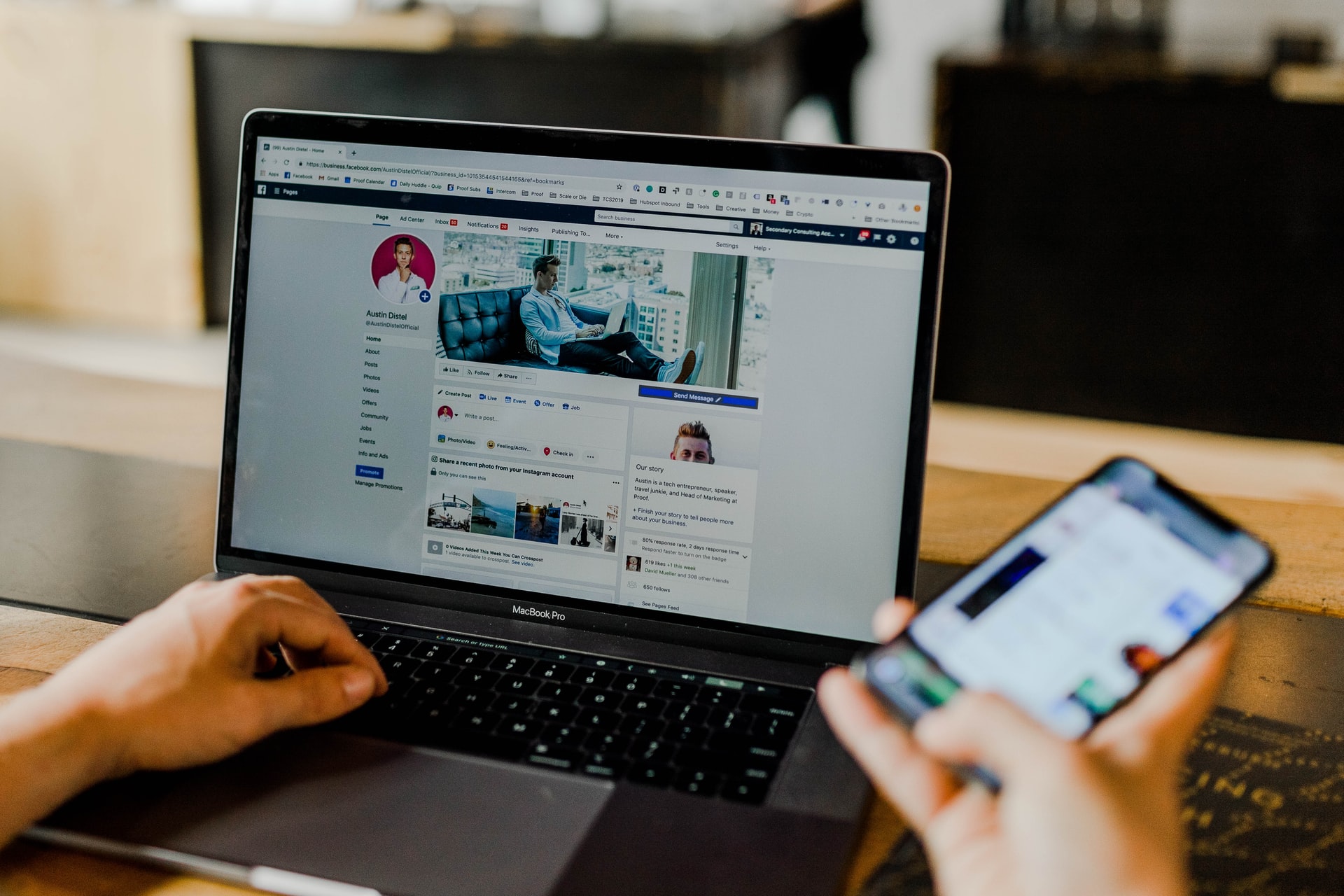There is no doubt that social media and the internet have helped businesses. Having an online presence is key to having a successful business today, and digital marketing tools such as Facebook ads are considered essentials. Beyond work, social media also helps to strengthen workplace relationships.
The internet itself has also helped businesses to promote their products and services to wider audiences. And many of these products and services, especially because of the pandemic, can now be accessed or availed of online. A range of products and services can now be accessed on websites, such as for insurance agencies, apparel, home services, and more.
But the internet can also have certain disadvantages. The first and perhaps the most obvious is that they are distractions. What was meant to be a short break from work can easily turn into hours of mindless browsing through websites and apps irrelevant to an employee’s work.
Another disadvantage is that they may pose a security threat for both the individual worker and the company as a whole. Employees are often unaware of this, but accessing social networking sites in the workplace can make company networks vulnerable to malware, putting the company at risk for hackers, data theft, and identity theft.
But there’s also evidence to prove that it may be counterproductive to block websites in the workplace. So how do you strike a balance?
Which websites should you block?
But one thing to consider before blocking certain websites is that some of these “leisure” websites might be relevant to your business. For example, your business collaborates with vloggers who receive your products’ PR packages from featuring in their videos. You might want to think twice about blocking YouTube or TikTok.
But even in these cases, it’s unlikely that every employee will need access to YouTube for work-related matters. For instance, social media managers or marketers will need access to social media platforms. HR staff will also need access to LinkedIn for recruiting.
Nevertheless, there are some websites that you should block. These include any video streaming sites such as Netflix, gaming websites, and websites that contain inappropriate content.
Track internet activity

You can use your router to block certain websites, especially if your employees bring in their computers. But if the company owns all the computers, you can use tracking software such as SpyTech or WebWatcher to track employee computer activity. It’s installed will serve as a preventative measure, so ensure that your employees know that their activity is being tracked. Of course, your employees are entitled to their privacy, so assure them that the collected data will remain confidential.
Consideration: breaks are important for productivity
And it just so happens that these breaks can involve going through their social media feed. A study conducted by researchers at the University of Melbourne found that employees are more productive when accessing non-work-related websites.
In some cases, blocking websites can even be outright counterproductive. Former Ontario privacy commissioner Ann Cavoukian said that the act of blocking websites could present itself as an enticing challenge to employees. Employees are likely resourceful and knowledgeable enough to reroute their internet activity and go under the radar. These efforts might be even more time-consuming.
Have a break room or area where employees can go during breaks. It’s helpful to occasionally leave the workspace to take a few minutes to relax. Working for too long without breaks can lead to burnout and exhaustion, which can hinder productivity.
Discuss it with your employees
If you’re still undecided, discuss the matter with your employees. Communication is key. Make sure to create an environment where your employees feel like they can approach you about any concerns they might have. This way, they’re more likely to communicate with you to resolve problems or concerns rather than try to hide them from you.
You can even run trial periods for different methods and discuss the results with your employees. This is something you can collaborate on with your HR department as well. Your employees can report their feelings about the arrangement to HR, who can then advise you on the say of the majority.
We live in an age where the internet plays a central part in our daily lives. The workplace is one of the places where we use the internet the most. Given that certain websites on the internet can also distract workers from their tasks, companies often block access to these websites. But some research has found that doing so may hinder productivity rather than promote it. Taking breaks is crucial to productivity, and many employees spend their breaks browsing through non-work-related websites. At the very least, however, it’s important to block gaming websites and pornography websites that have no place in the office. It also helps to provide your employees with a break room where they can take time to unwind.

